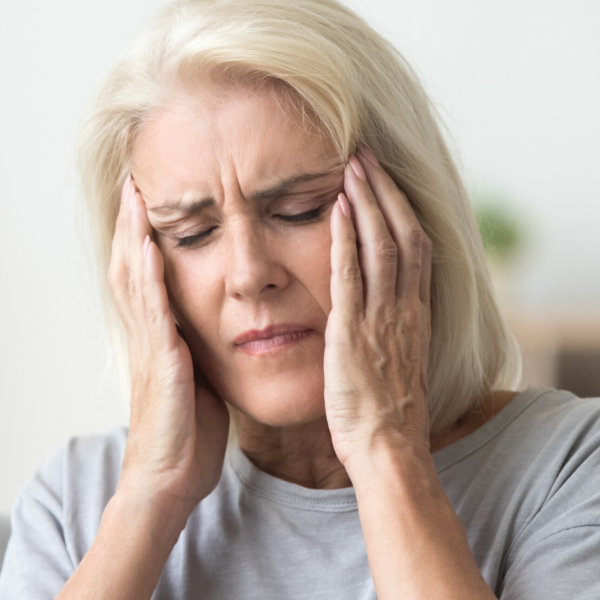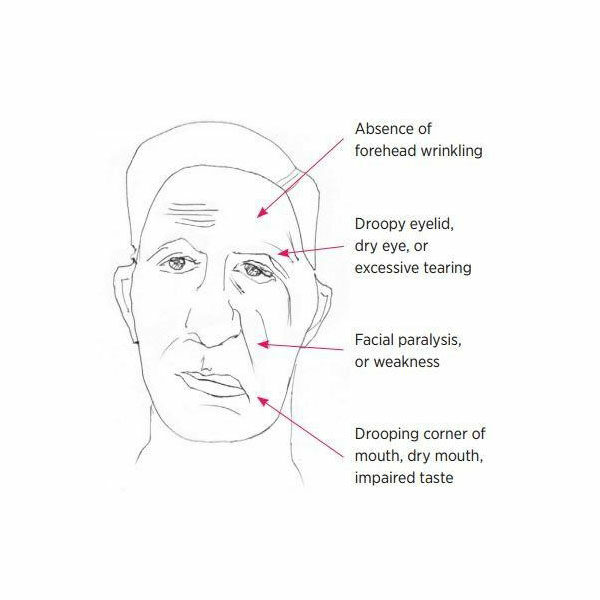Telehealth With Neurospace
We’re in the midst of a global pandemic caused by a new coronavirus. To help reduce the spread of the virus, the government has urged us all to stay at home unless going out for a handful of permitted reasons. To help you stay safe, Neurospace has decided to move to telehealth consultations. This post…
read more










